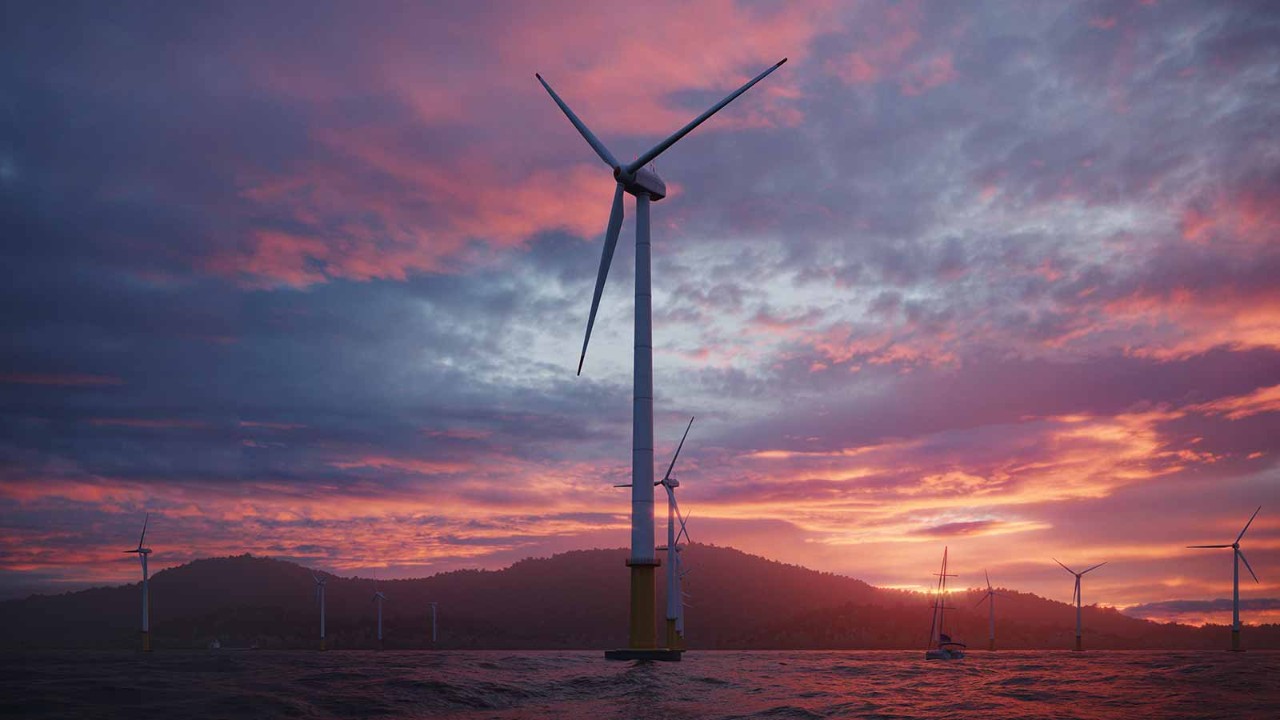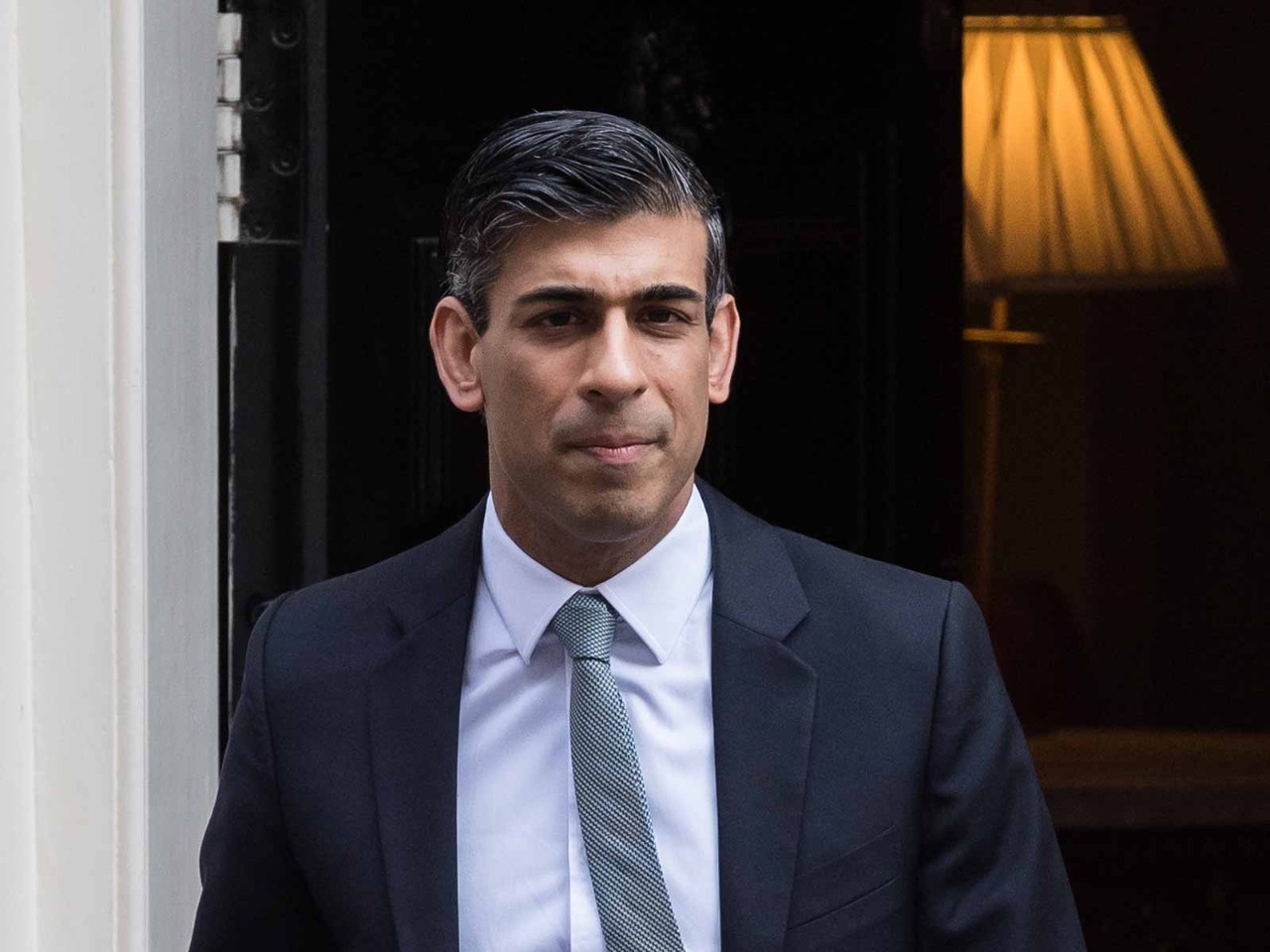
Companies often fret about high energy prices or worry about the carbon emissions arising from their fuel consumption. But it has been a long time since most companies have worried about their ability to get their hands on sufficient energy to power their operations.
The conflict between Russia and Ukraine has revived such concerns – which last reached fever-pitch during the Arab oil embargoes of the 1970s. As in the 1970s, a sustained interruption of supplies from Russia – which is the world’s second-largest producer of natural gas and the third largest of oil – would generate headwinds for companies in many parts of the globe.
The cleanest, cheapest form of energy is the one we do not use
This is especially true in Europe, which relied on imports for 61% of its energy needs in 2019, based on Eurostat data, up from 56% in 2000. Notably, Europe depends on Russia for 40% of its natural gas, versus zero for the US. The potential headwinds are most acute in Germany, where energy-hungry manufacturing accounts for around 23% of GDP, the same as France and the UK combined.
Wake-up call
‘Energy security has been taken for granted for years,’ explains Carsten Rolle, the director of the energy and climate policy team at the Federation of German Industries. ‘This is no longer the case. Even if the current crisis is resolved soon, it has been a wake-up call that reliable energy supplies aren’t a given.’
So what can governments and companies do to mitigate such risks?
Any solutions should be put in the context of what experts refer to as the ‘energy trilemma’ – the trade-off between price, greenhouse gas emissions and reliability of supply.
‘Substituting scarce natural gas with more coal – the dirtiest of the fossil fuels in terms of air quality and greenhouse gases – would not be ideal,’ says Rolle, adding that coal will need to play a role in the short term.
‘Equally, shifting to renewables can involve a trade-off in terms of reliability, given that the sun doesn’t always shine, nor does the wind always blow, and storage technology still needs improving.’
Mixing it up
The answer, most energy experts say, is a mix of three main adaptations: diversification, renewables and energy efficiency.
Energy efficiency is perhaps the most appealing starting point for most companies. ‘The cleanest, cheapest form of energy is the one we do not use,’ says Barbara Mariani, policy manager for climate at the European Environmental Bureau, a network of over 170 environmental citizens' organisations.
Mariani sees various ways that business executives can take the matter into their own hands. ‘They can upgrade their industrial processes and invest in innovative processes and products with a view to reduce energy consumption and make the most of the circular economy.’
Office design
Even for less energy-intensive service companies, such as accountancy firms, there are various ways to reduce their vulnerability to rising fuel prices through smart office technologies, according to Simon Rawlinson, head of strategic research and insight at Arcardis, a design, engineering and management consultancy headquartered in The Netherlands.
The company’s 41,000-square foot London office, for example, boasts sensors that monitor the office to cut energy consumption when areas are unoccupied. Taken together, the system can cut energy needed for heating, ventilation and air-conditioning by as much as 21%.
Incremental gains in renewables are important and chime with the increasing desire of countries to lower emissions
The second major way to boost energy security is through diversification of supplies. Here governments often have a crucial role to play, says Rolle. To lower reliance on a single supplier of natural gas, for example, German chancellor Olaf Scholz unveiled plans in late February to build two new liquified natural gas terminals, with the potential to import natural gas from around the world.
Of course, with a lead time of several years, this is not a process that can be achieved overnight, Rolle adds, and that will come with a substantial cost.
The renewed interest in energy independence may also help overcome resistance to domestic energy production. For example, the Dutch government plans to stop production at the Groningen natural gas field, one of the world’s largest, after earthquakes forced thousands to leave unsafe homes. In March, however, a majority of those polled in the province say they would be willing to allow more gas to be pumped if necessary.
Meanwhile, companies can also diversify more directly by investing in equipment that can run off the electric grid, rather than gas.
Renewable transition
Finally, stepping up the transition to renewable sources is an indispensable component of energy security, since solar and wind energy are produced domestically. This too is a multi-year process.
At present, renewables account for just under 6% of global energy consumption (excluding hydro and nuclear power), based on the BP Statistical Review. Even assuming the recent rapid expansion of renewable production is maintained – at about 12% a year over the past decade – it will still take more than 20 years to fully displace fossil fuels, according to UBS.
While this is a long game, incremental gains in renewables are important and chime with the increasing desire of countries to lower emissions. More than 140 countries, accounting for 90% of global emissions, are now targeting net zero emissions.
‘Ultimately, a renewable grid will be cheaper, lower carbon and more independent of global commodity prices and supply,’ says Nick Wayth, CEO of the Energy Institute, the global professional body for the energy sector.
The bottom line is that there is no silver bullet for ensuring energy security. Instead, nations and companies face complex trade-offs that will often involve higher prices in the near term.
Equally, while some improvements can be made immediately, reducing the vulnerability to supply disruptions will take time. But like any long process, the sooner companies and governments start the better.





